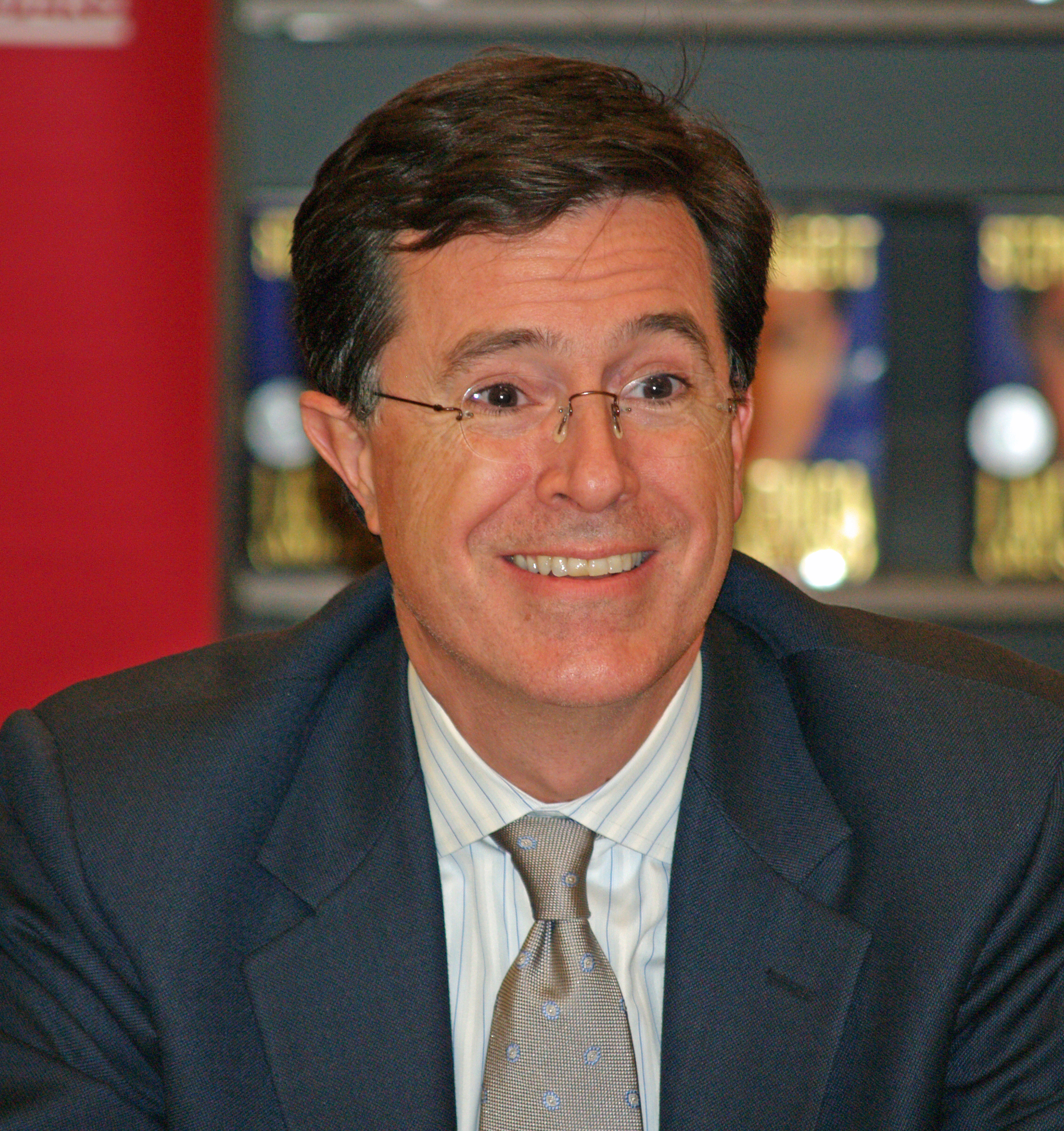Overturn the Citizens United ruling, urge your senator to support a constitutional amendment.
Read the following statement of Robert Weissman, President, Public Citizen to learn more about what the proposed constitutional amendment being put forward will and won’t do.
Note: The Constitution, Civil Rights and Human Rights Subcommittee of the U.S. Senate Judiciary Committee today approved an amended S.J. Res. 19, a constitutional amendment proposed by U.S. Sen. Tom Udall (D-N.M.) that aims to overturn Citizens United v. Federal Election Commission and other U.S. Supreme Court decisions relating to campaign finance.
Here’s how the world will be different after final ratification of the constitutional amendment today approved by the Constitution, Civil Rights and Human Rights Subcommittee of the U.S. Senate Judiciary Committee:
The 28th Amendment will give Congress and the states authority to regulate and limit the raising and spending of campaign funds, eliminating various barriers and obstacles imposed by the U.S. Supreme Court. It will overturn Buckley v. Valeo, Citizens United v. Federal Election Commission (FEC) and McCutcheon v. FEC, among other Supreme Court decisions that have facilitated the rise of a de facto oligarchy. Specifically, Congress and the states will be able to:
- Limit or forbid all corporate spending on elections.
- Regulate campaign spending to advance the objectives of democratic self-government and political equality, rather than just to prevent criminal bribery.
- Impose robust controls and strict limits on outside spending by super PACs and dark money conduits like the U.S. Chamber of Commerce and the Koch Brothers organizations, potentially forbidding significant outside spending altogether.
- Impose limits on the total amount any person can donate to candidates, parties and PACs.
- Regulate the amount of spending by self-financed candidates.
- Adopt limits on the total amounts candidates and their supporters may spend.
- Adopt small-donor empowerment and public financing systems that provide extra funding to candidates who face heavily funded opponents who do not opt into the system.
- Adopt mandatory public financing systems.
Following the public mobilization that will eventually obtain ratification of the 28th Amendment, we should expect Congress and the states to respond to that same public demand to restore our democracy – by enacting robust public financing systems, major curbs on outside spending and prohibitions on corporate spending in elections.
The amendment and subsequent legislation will not cure all of our nation’s ills, but it will help restore our democracy and remove key blocks to addressing the great problems facing the nation: putting people back to work, addressing deepening inequality, averting catastrophic climate change, fixing our schools, ensuring quality and affordable health care for all, and much more.
It shouldn’t need saying, but because of an intentional disinformation campaign by U.S. Sen. Ted Cruz (R-Texas) and other opponents of the amendment, it’s worth emphasizing what the amendment will not do: It will not “shred” or otherwise amend the First Amendment. It will not enable Congress and the states to adopt rules that discriminate on the basis of race, ethnicity or viewpoint. It will not permit Congress to adopt a law banning campaign expenditures by just the Sierra Club, or just the National Rifle Association.
What the amendment will do is strengthen and restore the First Amendment, which has been weakened and distorted by the Supreme Court. The 28th Amendment will amplify the voices of the People, and make their speech meaningful. As Supreme Court Justice Stephen Breyer noted in his McCutcheon dissent, “Speech does not exist in a vacuum. Rather, political communication seeks to secure government action.” And, he explained, “Where enough money calls the tune, the general public will not be heard.”
With the 28th Amendment, we put an end to the plutocrats paying the piper, and enable the people to again call the tune. Urge your senator to support a constitutional amendment.
 David Cobb
David Cobb Stephen Colbert and the FEC
Stephen Colbert and the FEC 



